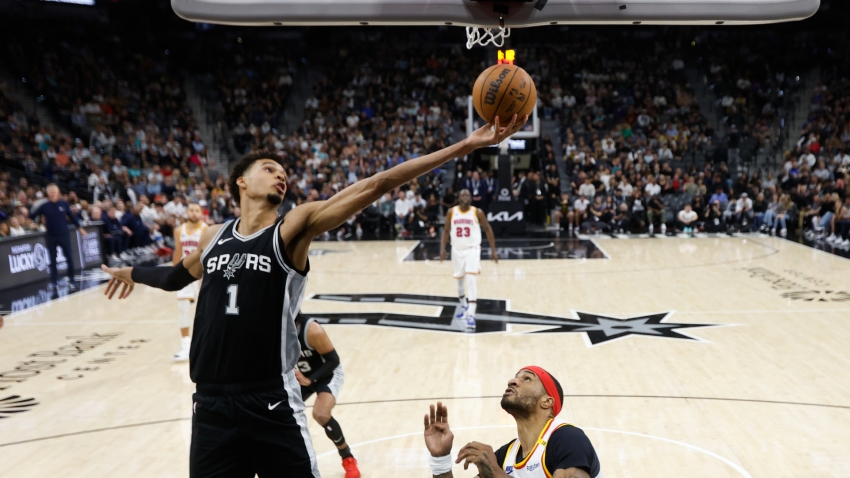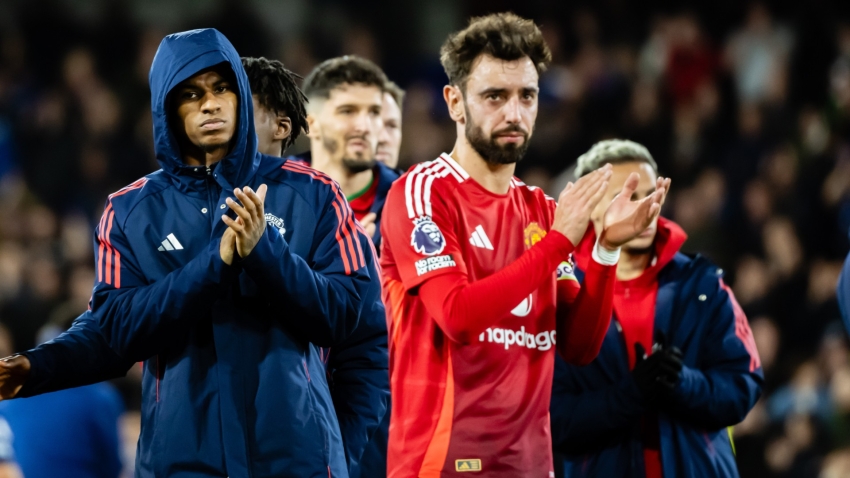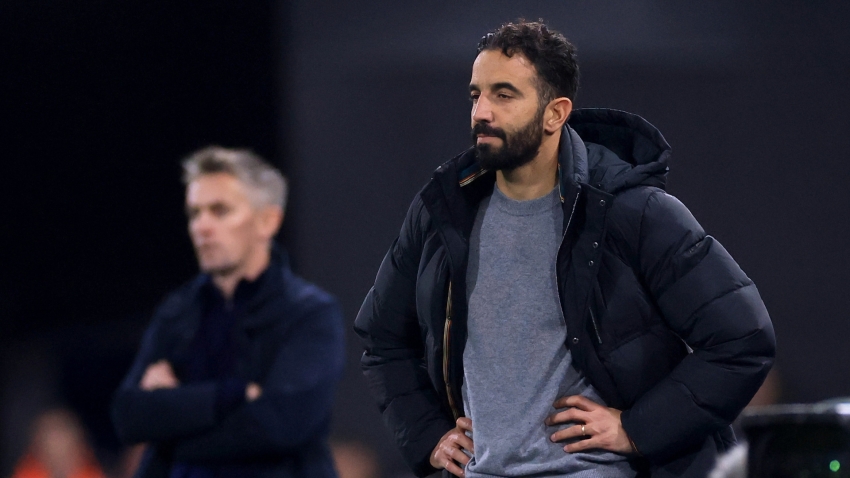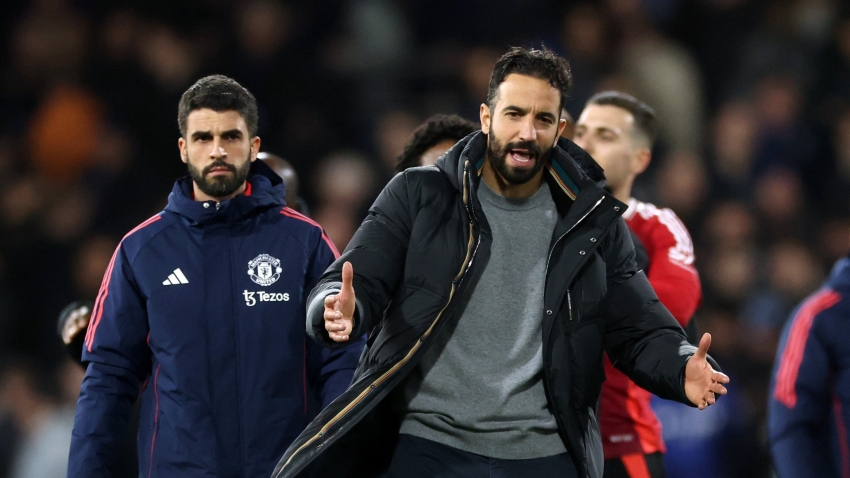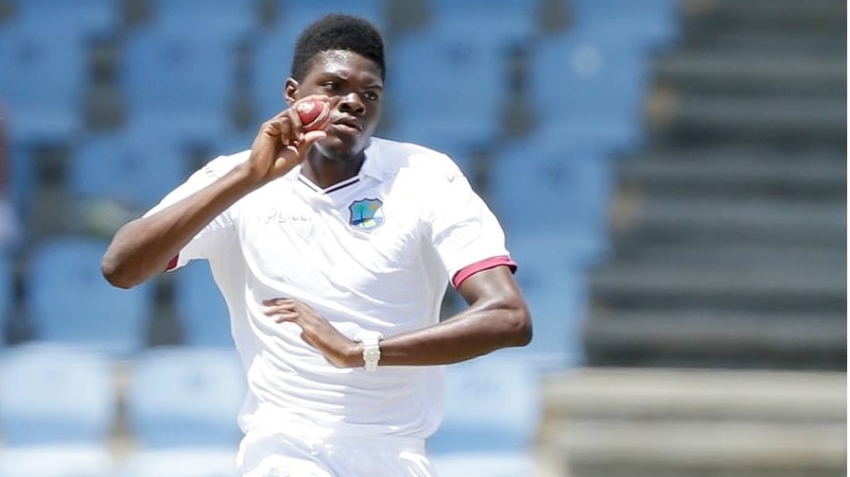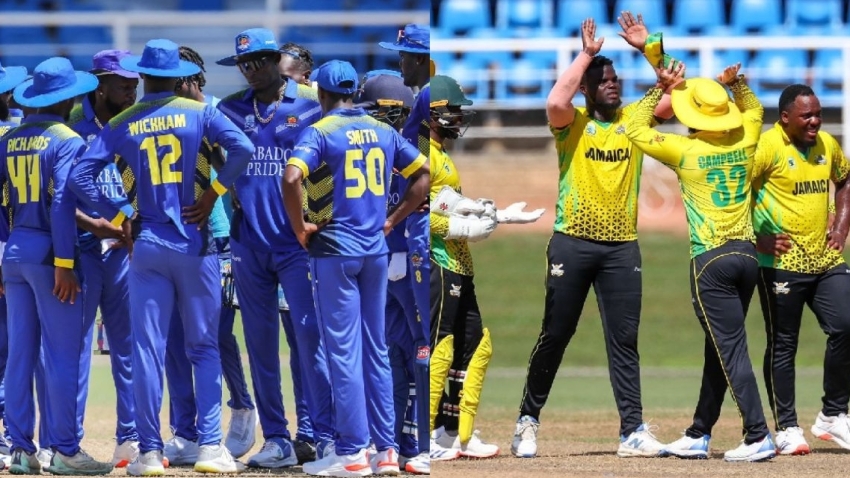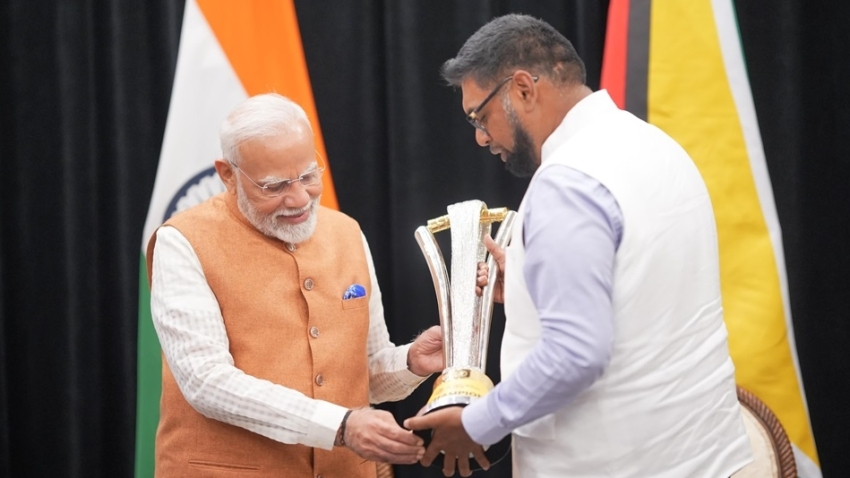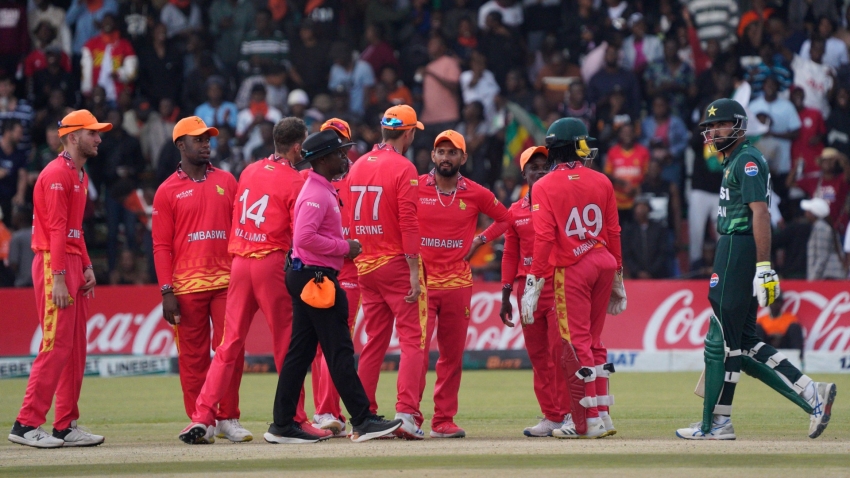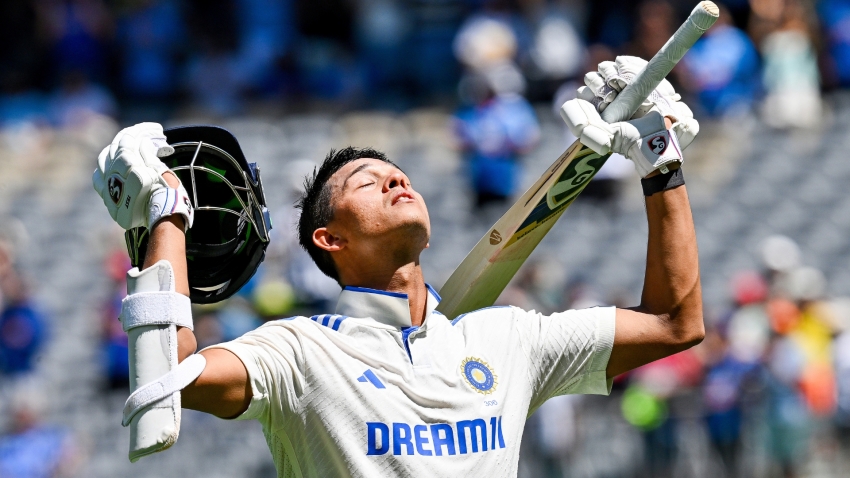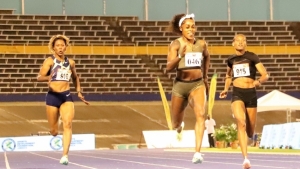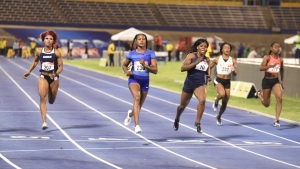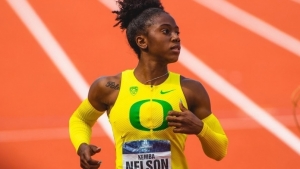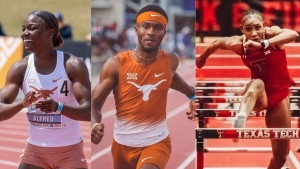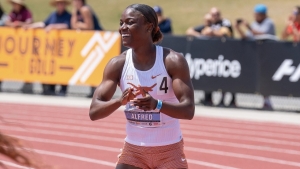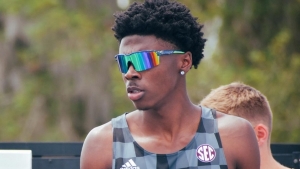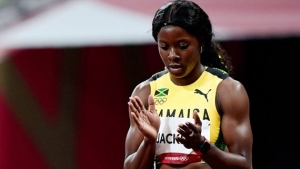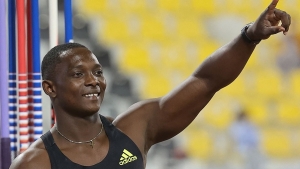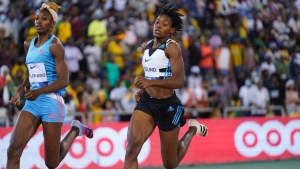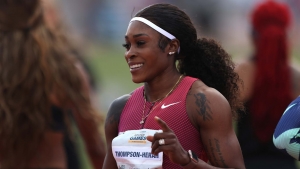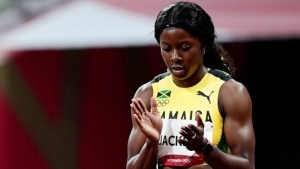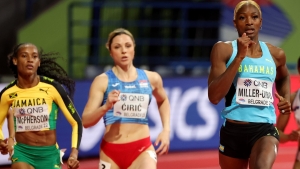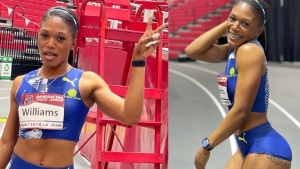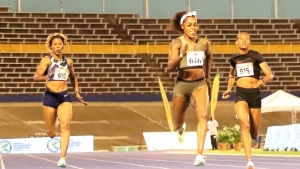Grenada’s Anderson Peters set a new area record in the javelin with the second of his two first-ever throws over 90m, Shanieka Ricketts won the triple jump but there was a shock defeat for Shaunae Miller-Uibo in the 400m as the 2022 Diamond League season began in Doha on Friday.
Peters, the reigning world champion, broke his own national record on his opening throw of 88.96m but lost the lead when Jakub Vadlejch hurled the javelin out to a new world lead of 89.87m in the fourth round.
Spurred by the challenge, Peters uncorked his first ever 90m throw in the penultimate round, hitting a new personal best of 90.19m only to see Vadlejch surpass him once more with a personal best of 90.88m.
Undaunted the Grenadian, who once wanted to be a sprinter, flung his best-ever throw, 93.07m to put victory beyond Vadlejch’s reach. It was a new national record and personal best for Peters, and the fifth-best throw in history.
Meanwhile, Ricketts, the 2019 World Championships silver medalist produced a winning mark of 14.82m in challenging conditions caused by blustery winds as high as 6.5m/s that aided her winning jump.
Ukraine’s Maryna Bekh-Romanchuck took second place with her best effort of 14.73, her fourth jump of the competition that was helped by a gale force wind of 6.3m/s.
Dominica’s Theo LaFond took the final podium spot with her fourth-round jump of 14.43m assisted by a 3.6m/s wind.
Miller-Uibo last lost a 400m on this track back in 2019 when Bahrain’s Salwa Eid Nasser stunned the world with a 48.14 run at the World Championships. This time it was the Dominican Republic’s Marileidy Paulino, the Tokyo Olympics silver medallist who stormed home in a season-best 51.20.
Stephenie-Ann McPherson trailed the imperious but clearly winded Bahamian up until the last few metres before overtaking her to clock a season-best 51.69. Miller-Uibo trudged across the line in 51.84 for third.
Barbados’ record holder Sada Williams (52.09) and Tokyo Olympic finalist Candice McLeod (52.37) finished fourth and fifth, respectively.
Shericka Jackson, who won the 100m at the National Stadium in Kingston last weekend, lost her first race of the outdoor season clocking 22.07 in the 200m after getting caught late by the USA’s Gabby Thomas, who ran a season-best 21.98 that equalled the meet record set by Allyson Felix back in 2015.
Dina Asher-Smith, the reigning world champion, clocked a smart 22.37 in her 200m opener, which was good enough for third place.
There was a blanket finish in the 100m hurdles that Kendra Harrison won in 12.43 but can count herself lucky to win. Brittany Anderson led off the last hurdle but appeared to stumble and faded to third in 12.44, the same time awarded to Nigeria Tobi Amusan who was awarded second place.
Bahamas’ Devyne Charlton was some distance back running 12.61 for fourth place while Megan Tapper hit the first hurdle and finished eighth in 12.92.
The 400m hurdles offered a glimpse of what to expect in the event this year as Alison Dos Santos, the Tokyo Olympics bronze medallist out-paced silver medallist Rai Benjamin down the home stretch to win in a world-leading 47.24, which was also a new meet record.
Benjamin was timed in 47.49.
The rest of the field was far behind but Thomas Barr of Ireland was the next best running 49.67 for third while Kyron McMaster finished fourth in 49.93.
Jaheel Hyde was fifth in 50.23.


